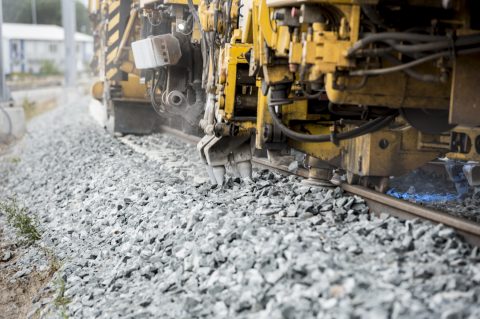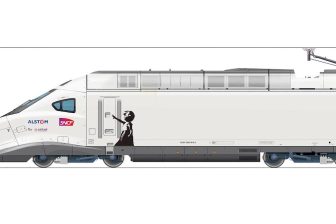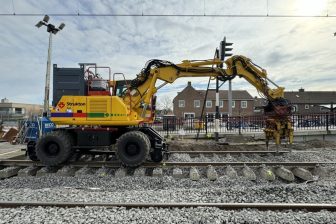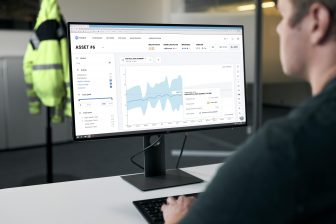
Green credentials of railways not enough: ‘we need lower emissions now’
2022, The Decarbonisation Company
The Decarbonisation Company, a climate tech startup, aims to accelerate the energy transition in the rail sector by de-fossilising combustion engines. RailTech.com spoke to founder Marleen van de Kerkhof about the company’s solution and goals.
Want to read more?
You have read all of your free premium articles for this month. Please become a subscriber to keep reading.
Subscribe now!
Take advantage of our exclusive offer to get full access to all premium content.





For sake of environment, for shift to rail transport, however Industry now has to pay attention to interest of clients! Quality matters, now more than ever and majority can not afford the luxury of not caring about “eta”.
Simple risk of a risk means added logistic costs, those in Hemisphere now far to high and urgently due for reducing.
For a sound, sustainable shift to rails, quality of service rendered has to prove better, than alternatives now available.
Electrification, yes, but a timely!